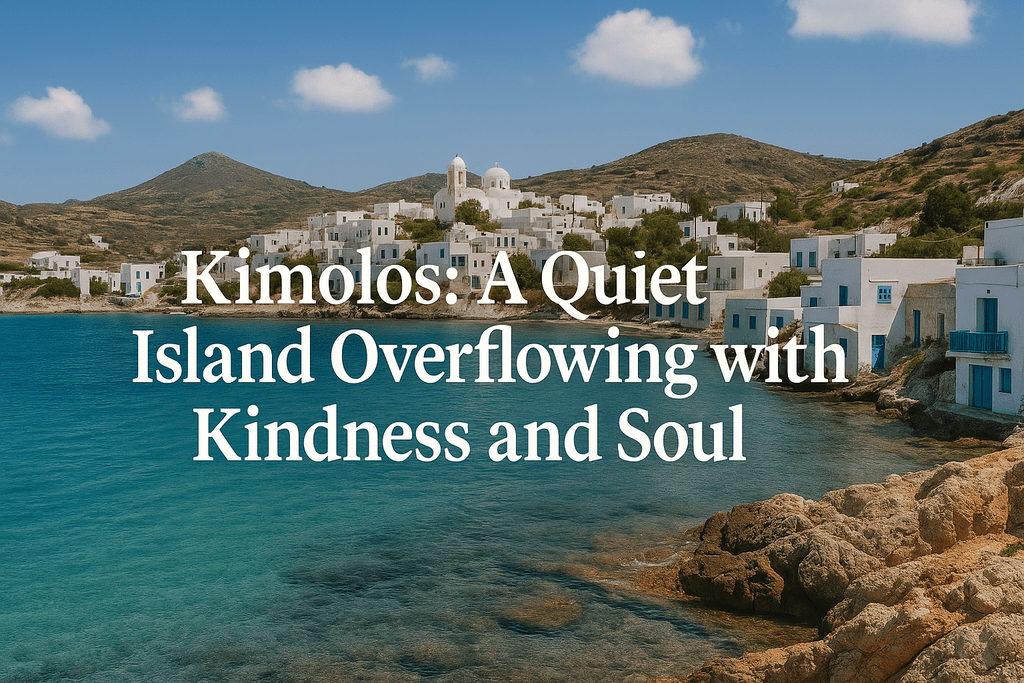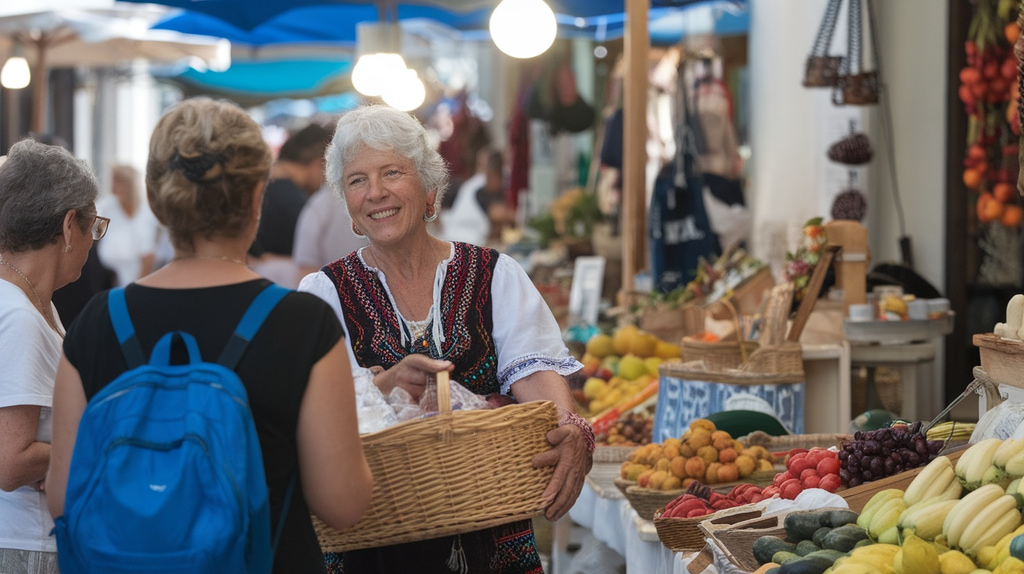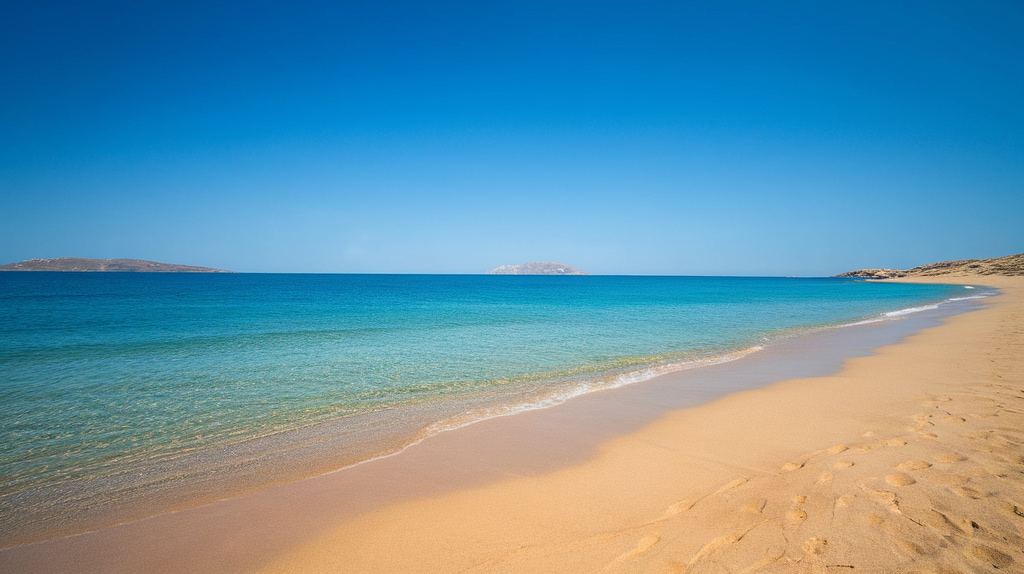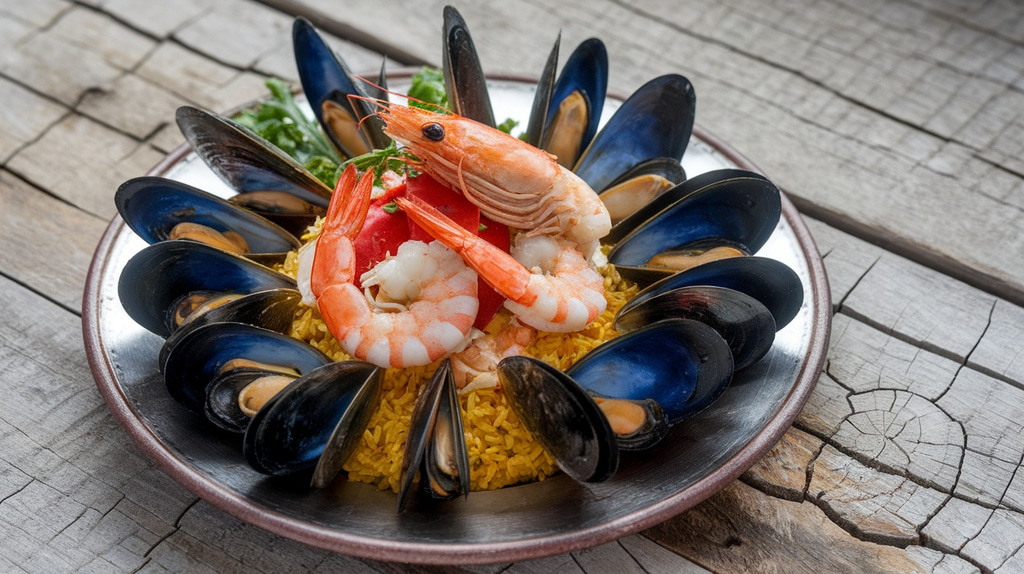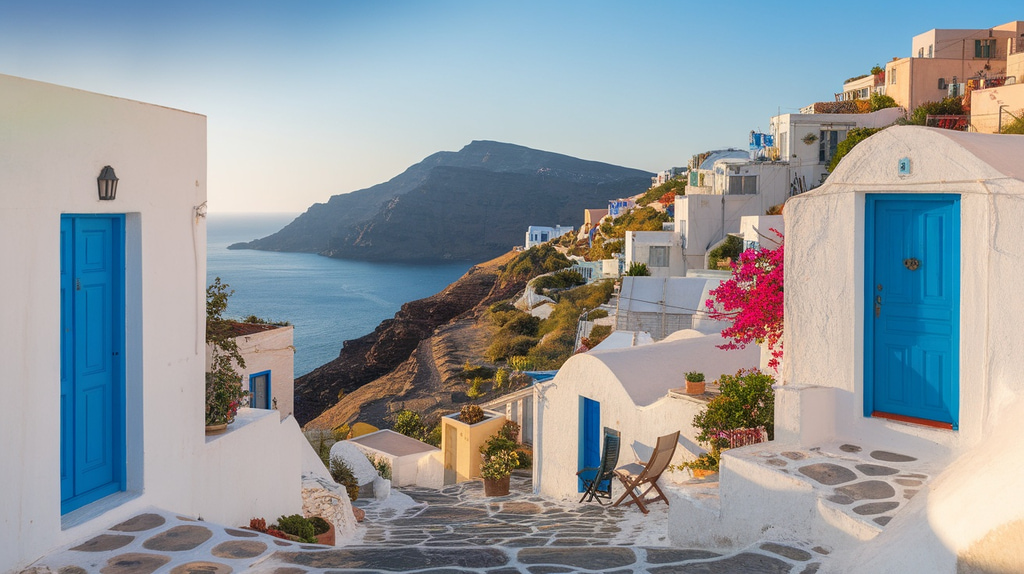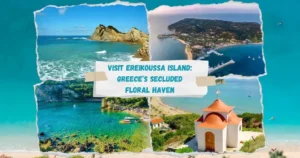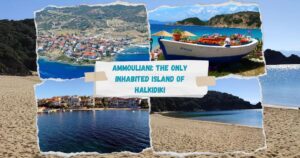Kimolos: A Quiet Island Overflowing with Kindness and Soul
I’ll be honest, Kimolos wasn’t supposed to be a destination. It was more of a whisper at the edge of a plan, a maybe-stop if there was time. And in that way, I think it snuck up on me. It didn’t demand attention. It didn’t boast. It just… welcomed. Quietly. Fully.
If you zoom out, Kimolos is a pinprick off the coast of Milos, part of the Cycladic cluster that dots the Aegean like a scatter of pearls. But pearls are too glossy a metaphor. Kimolos isn’t polished like that. It’s raw, in a beautiful way. Honest. There’s a humility to it—a sort of barefoot charm. You feel it almost immediately, that sense that the island isn’t trying to be anything other than exactly what it is.
A Village that Breathes with You
Chorio, the main village (and really, the only one of note), isn’t a showpiece. It’s a lived-in labyrinth of whitewashed homes and blue shutters, with narrow paths that seem more interested in meandering than arriving. Cats sun themselves in doorways. Bougainvillea spills from balconies like laughter.
One late afternoon, I wandered without purpose. I’d meant to go to the bakery but got distracted by a blue door that looked particularly inviting. Somewhere along the way, an elderly man nodded at me from a stone stoop. “Kalispera,” he said. Good evening. His tone wasn’t just polite—it was curious. As if I were news, not a nuisance. That stuck with me.
A few turns later, a woman waved me into her courtyard. No explanation, no transaction. She just wanted to offer me a slice of something sweet—orange cake, I think it was—and to know where I was from. I’ve never been offered cake so sincerely.
Beaches That Ask Nothing of You
You won’t find thumping beach clubs here. No thrones of sunbeds or waiters in linen shirts. What you will find are beaches that still feel like secrets.
Prassa is probably the most well-known, but even then, it feels generous. The sand is pale, almost unnervingly white, and the water glows with that impossible Cycladic turquoise. I laid in the shallows for what felt like an hour, just watching the way the sun played on the surface. No music, no chatter. Just wind and salt and silence.
Aliki had pebbles that clicked gently underfoot, and I spent an entire morning there doing absolutely nothing—reading a page, then rereading it, then not reading at all. That kind of stillness doesn’t happen by accident. It’s built into the bones of this place.
Kindness in the Cracks
There’s something disarming about the kindness on Kimolos. It’s not loud or performative. It’s baked into daily life. Like the grocer who offered me a handful of grapes “for the walk,” or the woman at the cafe who, when I complimented the spoon sweets, packed some for me to take—”for your mother,” she said. (She doesn’t know my mother. Neither do I know if my mother likes spoon sweets. But I took them, and carried them like treasure.)
One night, I stumbled onto a local celebration. A name day, maybe? I’m not sure. There was music and tables set up under string lights. I hovered at the edge until someone waved me over. No questions. Just, “Sit. Eat.” The man across from me poured wine into my glass and said, “Now you are one of us.” And I believed him.
Food That Speaks in Memories
I’ve eaten fancier meals, sure. But few have stayed with me like the ones I had here. A tomato, still warm from the sun, drizzled with olive oil and crushed oregano. Cheese made somewhere nearby—sharp and a little wild. A bowl of chickpeas slow-cooked in a clay pot. That’s it. But it felt like a love letter to simplicity.
There was a tiny taverna by the sea where the owner (chef, waiter, probably dishwasher too) served whatever he had. One day, that meant grilled fish and capers. Another, just a lentil salad and thick bread. But every bite felt intentional. Like someone had cared enough to make it well, but not so much that it became fussy.
I remember sipping tsipouro while the sun dissolved into the sea. That kind of gold is hard to describe—thick, syrupy light that makes everything feel sacred for a moment. Maybe it was the drink. Maybe it was the island. Maybe both.
The Drift of Time
Kimolos doesn’t follow your schedule. Ferries come when they come. Shops open when the owner feels like it. Conversations take precedence over transactions. I lost track of time here, in the best way. Days melted. Mornings bled into afternoons, which slipped quietly into dusk.
I stopped checking my phone. I stopped caring what day it was. I started noticing things again—the shape of shadows, the smell of jasmine, the texture of stone steps warmed by the sun.
And in that slowness, I started to feel more like myself. Not the version of me that’s optimized for efficiency or professionalism or pleasing others. Just… me. Breathing. Not performing. Present.
Leaving, and Not
When it was time to go, I didn’t want to. That’s not poetic exaggeration. I sat on the ferry deck as it pulled away and watched the island get smaller, and I genuinely considered jumping off. I didn’t, obviously. But that impulse—to stay, to sink deeper—said something.
Kimolos is not a bucket list place. It won’t go viral. It doesn’t scream for attention. But it listens. It receives you. And in that quiet reception, something shifts. Or it did for me.
I left with a few souvenirs—some local sea salt, a pebble from the beach, the leftover spoon sweets. But more than that, I left with a recalibration. A reminder that gentleness isn’t weakness, that slowness isn’t laziness, and that kindness, when real, doesn’t have to be loud to be profound.
Maybe I’ll go back. Maybe I won’t. But either way, a part of me never really left. And I think that’s the mark of a place that matters.

